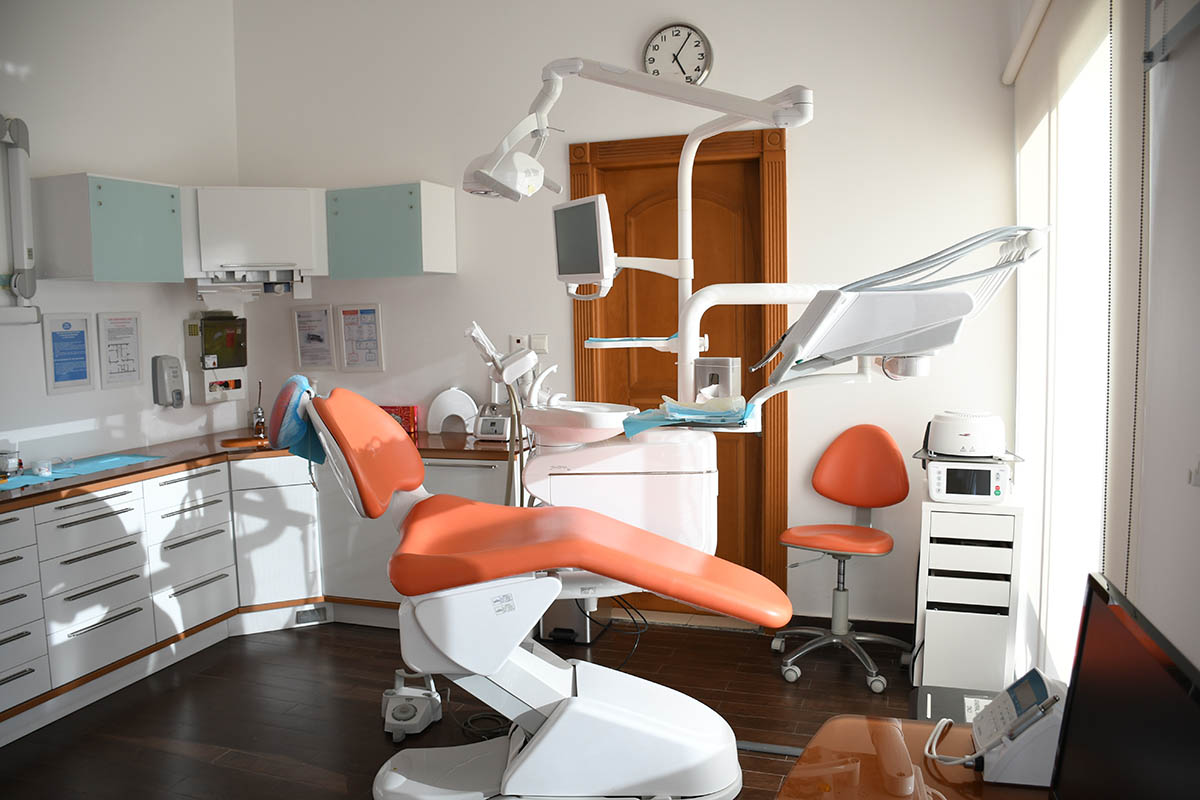What Are the Symptoms of Low Testosterone in Men?
Testosterone is found in both men and women, but men have a much higher percentage of the hormone. Various bodily functions are kept working in balance with the help of testosterone. In men, it plays a crucial role in sex drive, the production of semen, and muscle mass. But when men have low levels of testosterone, it can cause numerous problems.
Typically, testosterone levels drop in men by around 1% every year after they reach the age of 30. But low testosterone can also be caused by things like obesity, alcohol abuse, medication complications, chemotherapy, and diabetes.
Let us take a look at what the symptoms of low testosterone are in men, so you can keep an eye on whether your testosterone levels have dropped.
How to Boost Your Testosterone Levels
Before looking at the symptoms of low testosterone, you will want to know that there are ways of boosting your testosterone levels.
That can be accomplished through healthy habits. For instance, your diet can affect your testosterone, so make sure you pay attention to your calorie intake and diet strategy. That includes getting enough protein, carbs, and healthy fat into your diet.
You can also take testosterone booster supplements which can be found on websites like transparentlabs.com. Other ways of increasing your testosterone level include regular exercise and strength training, minimizing your stress, getting enough vitamin D, and getting plenty of restful sleep.
Decreased Sex Drive
To know whether you need to actively increase your testosterone, you need to be aware of what the symptoms of low testosterone in men are.
The most obvious is experiencing a decrease in your sex drive. Testosterone plays a key role in your libido. If you experience less interest in sex, you could have low testosterone. In turn, that can create psychological problems like anxiety and stress.
Low Semen Output
If you notice your semen output is lower than normal, even if you do not experience any major changes in your sex drive, low testosterone could be to blame.
Testosterone plays a key part in how your body produces semen, so a reduction in testosterone can cause a decline in semen output over time.
Erection Problems
Another symptom of low testosterone is the inability to get or maintain an erection. While testosterone is not the driving force behind getting an erection, the hormone does help to stimulate receptors in your brain that produce the chemicals required for getting and maintaining an erection.
Hair Loss
A lack of testosterone can cause hair loss in men. It can also cause the inability to grow adequate facial hair. Though, at the same time, too much testosterone can also cause balding.
Mood Irregularities and Memory Issues
All hormones can affect moods. When you have low testosterone levels, it can cause frequent mood changes and bring about feelings of sadness and depression. Also, although further studies need to be performed, many studies have shown low testosterone could negatively affect memory.
Chronic Fatigue
If you feel exhausted all of the time, it could be due to low levels of testosterone. Regardless of how much sleep you get each night, adrenal fatigue caused by low testosterone can continue to persist and be problematic.
Fat Gain
Low testosterone levels can result in an increase in body fat, and even obesity. That typically happens when men with low testosterone continue eating a diet that is supposed to aid muscle mass. Instead, it results in fat being stored.
Decreased Lean Muscle Mass
As mentioned earlier, testosterone is vital for the growth of muscle mass. So, if you notice a decrease in lean muscle, despite your efforts of going to the gym regularly, it could be due to low testosterone levels.
Poor Sleep Quality
Low testosterone may affect your quality of sleep. It can potentially cause restlessness or worsen existing conditions like sleep apnea. Such sleep disturbances are created by dysregulation of hormones, and when you get into a cycle of insomnia, your overall wellbeing can be affected.
Low testosterone levels could, directly and indirectly, affect the quality of your sleep. So, if you suffer from sleeping problems, it could be a sign that your testosterone is low.
Reduced Testicle Size
If you have noticed a significant reduction in the size of your testicles, it could be an indication of low testosterone levels. Having lower amounts of testosterone can also make your scrotum feel softer than normal.
Symptoms of low Testosterone in Men: Decreased Bone Density
Osteoporosis causes bones to become weak and brittle. The condition is common in men over the age of seventy, even when they have normal levels of testosterone. Still, one study has found age-related testosterone deficiencies directly correlate with osteoporosis in males.
The study looked at the effects of androgens on bone density. So, the onset of osteoporosis could be triggered or made worse by a deficiency in testosterone in older men.
Low Blood Count
A study published in the Journal of the American Medical Association shows there may be a link between low testosterone and anemia. The condition means you do not have enough red blood cells to transport sufficient amounts of oxygen to your body’s tissues. Also known as hemoglobin, anemia can cause you to feel weak and tired.
The study involved anemic men with low testosterone levels taking testosterone gel. In comparison to the men who took a placebo in the study, the men who took the testosterone gel saw improvements in their blood counts.
How is low testosterone diagnosed?
A medical professional can find out whether you have low testosterone by measuring the amount of testosterone in your blood. That is done with a simple blood test.
However, testosterone levels are continually changing in everyone, so it will usually take several tests to determine whether your symptoms are signs of low testosterone. Typically, testosterone levels are higher in the morning.
The Takeaway
If you have any of the above symptoms, you may have low testosterone levels. You should seek advice from a doctor. Blood tests can be performed to find out whether you do indeed have low testosterone levels or not.
Then, you can explore options like changing your diet, regularly working out, and taking supplements to help you increase your testosterone levels.






















